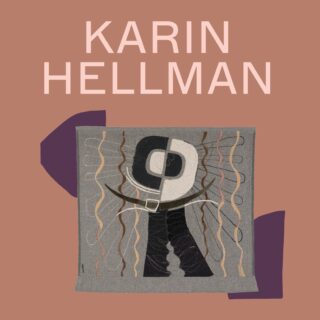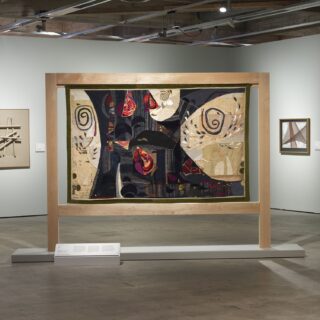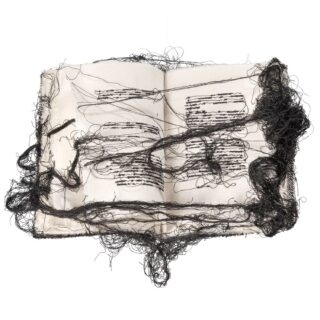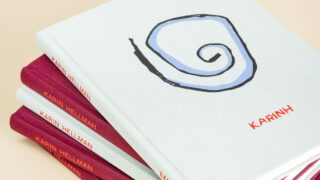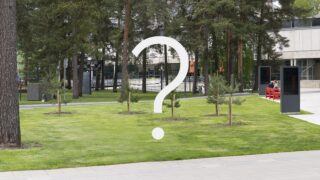Espoo Museum of Modern Art
Karin Hellman retrospective at EMMA introduces a lesser-known artist who transformed Finnish modernism
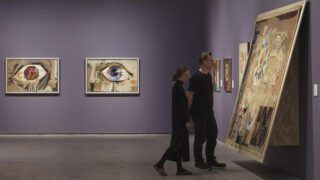

EMMA – Espoo Museum of Modern Art presents the first extensive museum exhibition dedicated to Karin Hellman, a bold and experimental reformer of Finnish modernism. The retrospective showcases Hellman’s diverse art, characterised by her playful use of a wide range of materials and techniques. Her body of work connects with Arte Povera – A New Chapter, an international group exhibition opening at EMMA at the same time. Both exhibitions will be on view from 9 April 2025 to 1 February 2026.
Karin Hellman (1915–2004) was one of Finland’s foremost collage artists, capable of transforming any material into something radiant. Yet despite her talent and innovation, her work remains relatively unfamiliar to many. The exhibition at EMMA offers a broad perspective on Hellman’s artistic thinking and distinctive expression. Over 80 works are featured, spanning from the 1930s to the 1980s, with particular emphasis on her textile and collage pieces. The curation is based largely on Collection Hellman, donated to the museum in 2020.
“Karin Hellman was ahead of her time in her artistic practice. She broadened the Finnish art world’s understanding of art by incorporating influences from the European modernism of her era, as well as the Arte Povera movement,” says the exhibition curator Tuomas Laulainen. “Her material-based approach and use of recycled materials continue to resonate strongly in today’s art.”
“The idea for a Karin Hellman retrospective emerged when EMMA received a significant donation of her works. Alongside it, the concept for the international exhibition Arte Povera – A New Chapter began to take shape, framing Hellman’s unique output in relation to the aesthetic and material philosophies of Arte Povera, as well as to the practices of key women artists of her era,” explains museum director Pilvi Kalhama. “This year, all exhibitions at EMMA highlight the importance of textiles and organic materials in art and design.”
Hellman worked actively for decades in her home studio in Porvoo, exploring a variety of expressive modes. Her works reflect a liberated approach to artmaking and a deep curiosity for diverse themes and techniques. She drew inspiration from phenomena, myths, and cultures across eras, as well as from developments in the modern world. Many of her works express anti-war sentiments and prominently feature the spiral – a recurring motif in her oeuvre from the 1960s onwards, symbolising the cycle of life and spiritual growth.
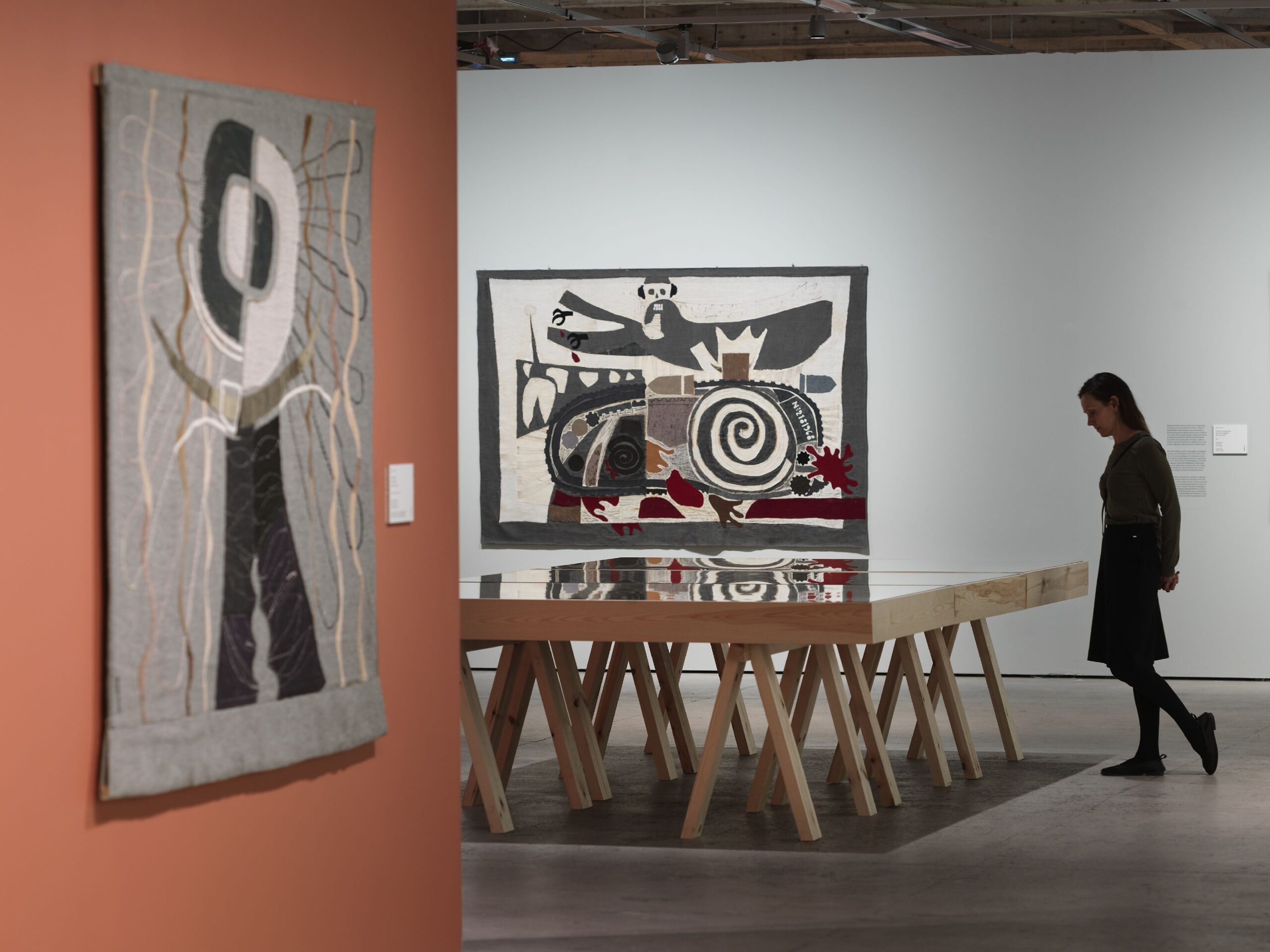
For Hellman, however, material was always the starting point. Natural materials, recycled textiles, and industrially produced objects were given new life in her hands. Many of these materials came from domestic settings: carpets, fabric scraps, and even surprising elements such as old spectacle lenses and rusty nuts found their way into her compositions. She often worked seated on her studio floor, freely cutting, sewing, and gluing materials together.
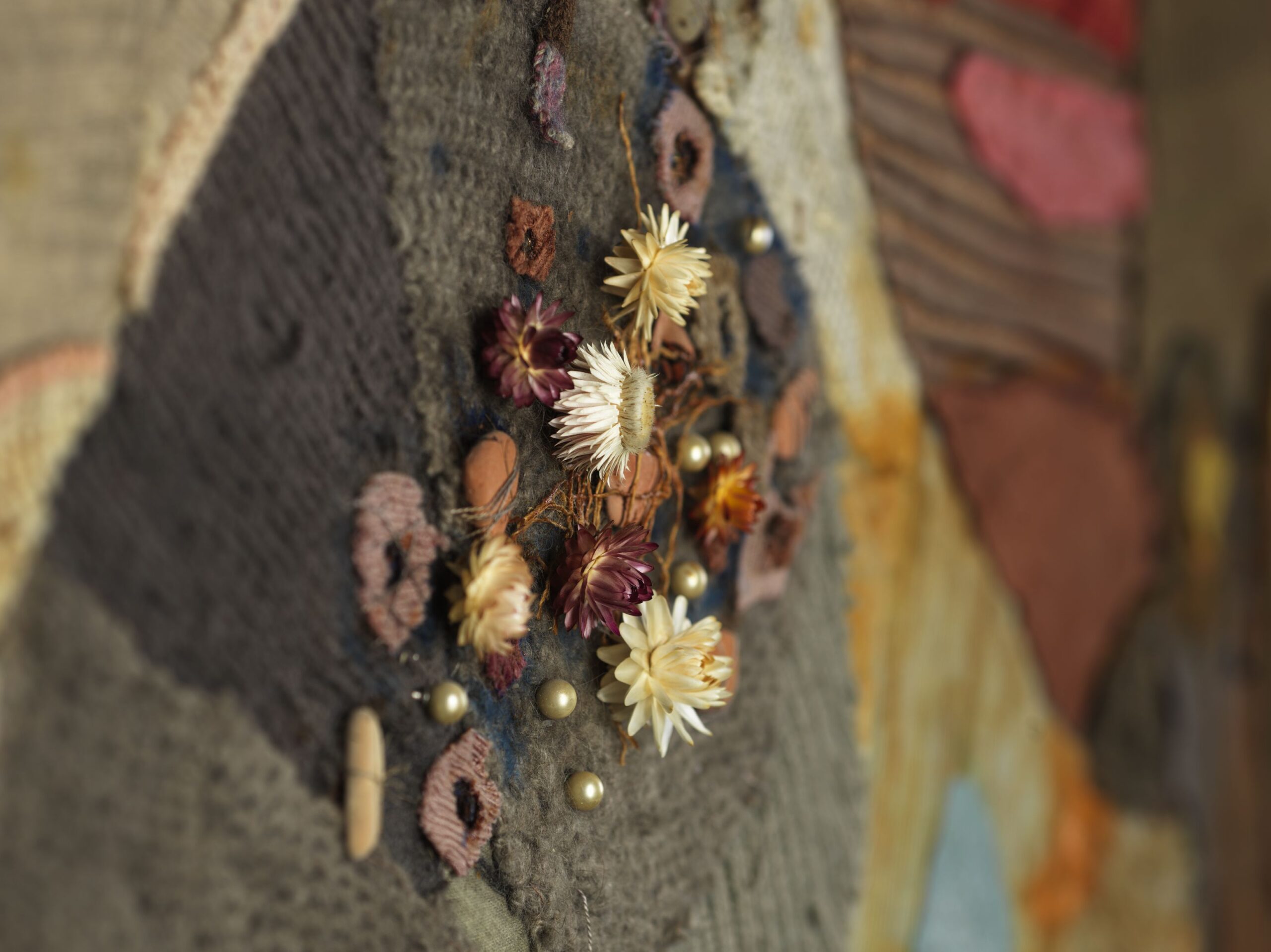
The Karin Hellman exhibition is part of EMMA’s ongoing series highlighting both classic and pioneering figures in modernism. In June 2025, EMMA will publish a book offering multifaceted insights into Hellman’s work through contributions by several authors. The curator of the exhibition, Tuomas Laulainen, MA, Curator of Collections, discusses in his article the distinctive qualities of Hellman’s works in the EMMA collection. Contemporary art researcher Dr Riikka Niemelä provides an in-depth study placing Hellman’s work within the broader context of international modernism and contemporary art. Laura Eweis, MA, Curator of Collections, discusses the recurring spiral motif in Hellman’s art. The book also includes an article by Chief Curator Henna Paunu, based on interviews with Åsa and Karl Johan Hellman, offering glimpses into the artist’s family life. Karin Hellman’s exhibition history has been compiled by the publication’s editor, Emma Lilja, MA.
